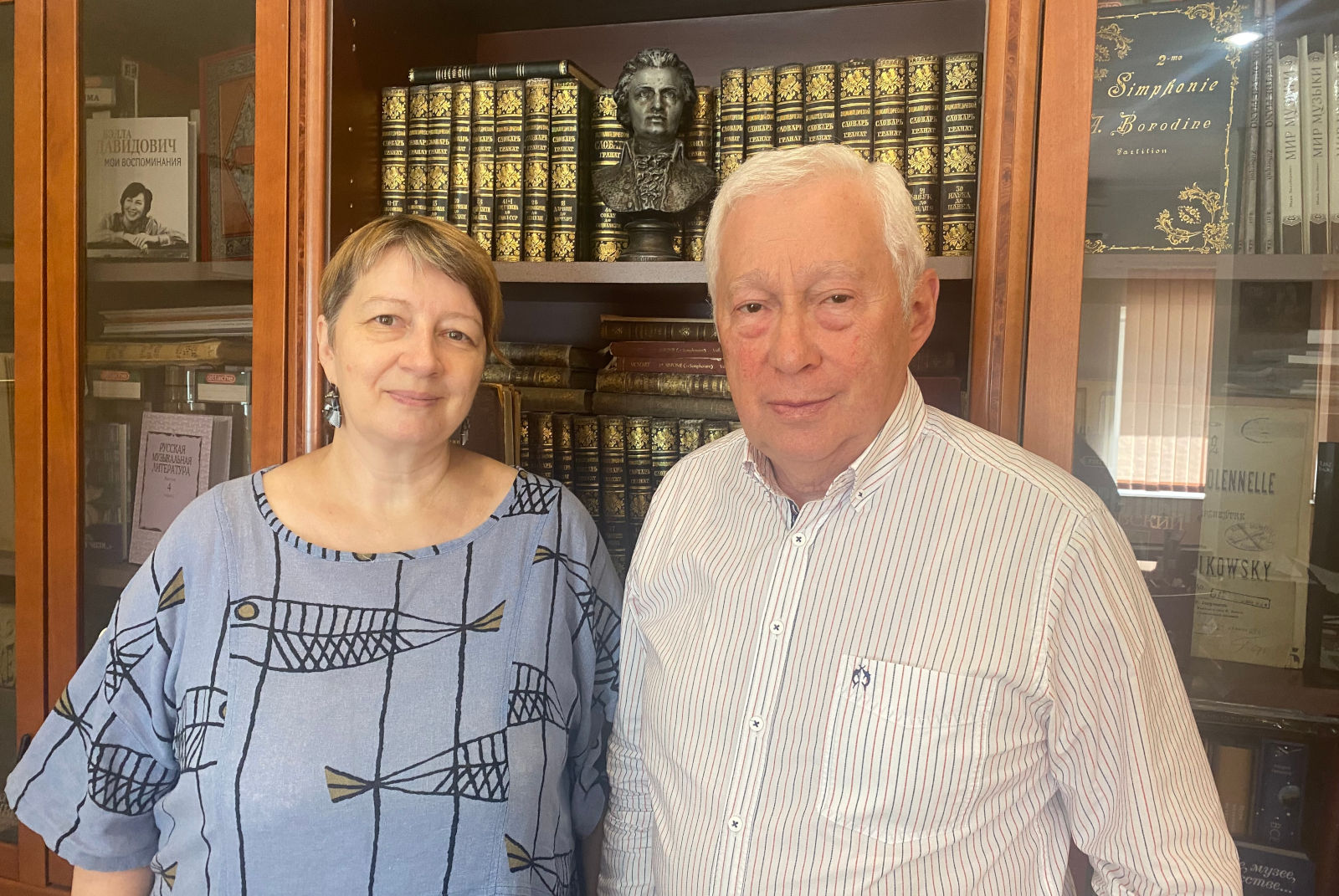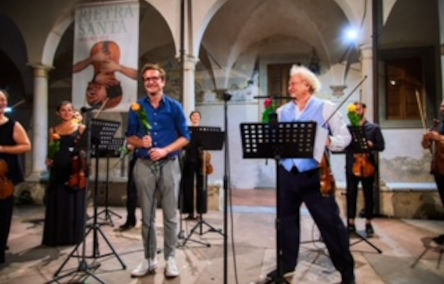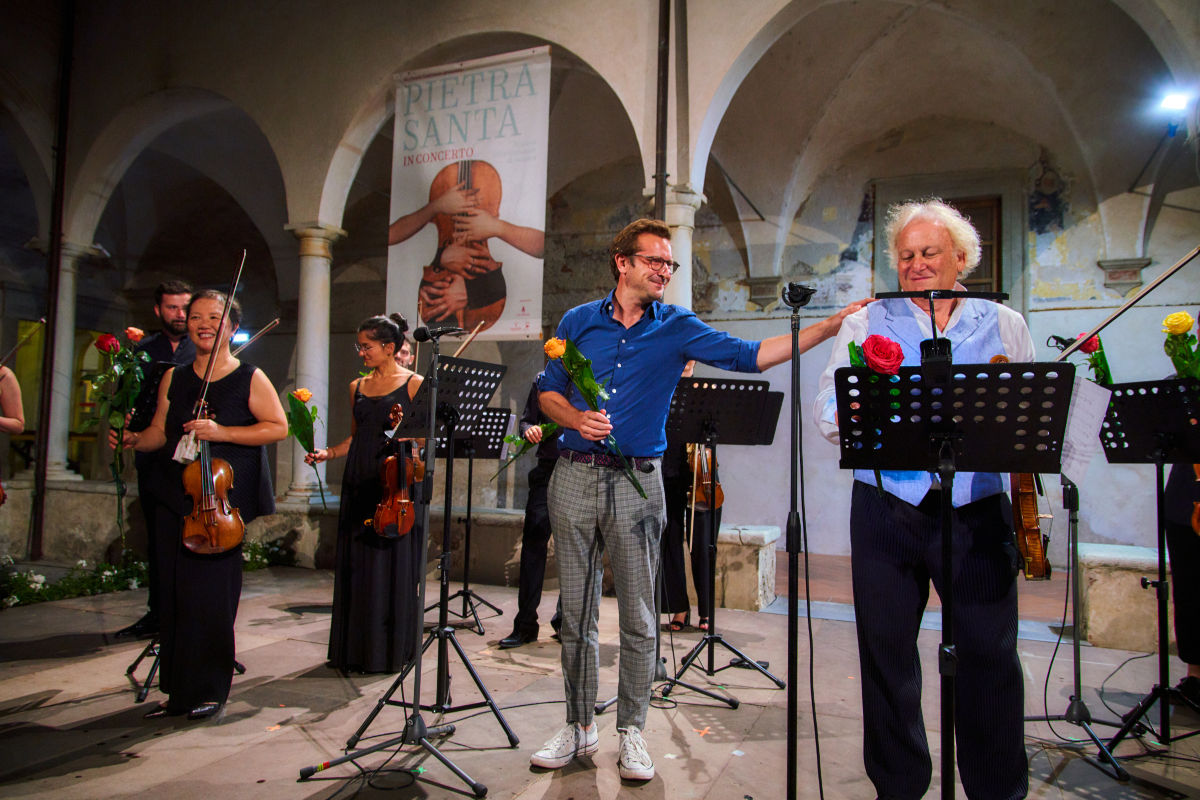Nechama Lifshitz: The Jewish Nightingale
 Nechama Lifshitz (whose surname before emigrating from the USSR was Lifšicaitė in Lithuanian), born on October 7, 1927 in Kaunas, Lithuania, was a Soviet and Israeli concert singer and performer of Yiddish songs. She is considered one of the most outstanding Jewish singers of the 20th century. She also performed in Hebrew.
Nechama Lifshitz (whose surname before emigrating from the USSR was Lifšicaitė in Lithuanian), born on October 7, 1927 in Kaunas, Lithuania, was a Soviet and Israeli concert singer and performer of Yiddish songs. She is considered one of the most outstanding Jewish singers of the 20th century. She also performed in Hebrew.
The singer’s father, Yehuda-Zvi Lifshitz (1901–1980) was a Zionist activist who taught Hebrew from 1921 to 1928 and for some time worked as the director of the Hebrew-language school Tarbut in Kaunas. He also was an amateur violinist. The singer’s mother, Basya Dakhovker, was born in 1906 in Vilna and lost her parents during the pogroms committed by the Polish troops in 1919–1920. The year of her death is unknown.
Since childhood, Nechama sang in Yiddish and tried to play Jewish melodies on the violin. In the early 1930s she lived with her parents in the Lithuanian town of Alytus. On the eve of the Nazi invasion in June 1941, the family escaped to Uzbekistan, to the small town of Yangikurgan, where the young to-be singer studied the Uzbek and Russian languages at school. After graduating from high school, Nechama Lifshitz worked in the district committee of the Komsomol, as a teacher at an orphanage and as a librarian. Concerts were often held in her family’s house: Nechama would sing; their friend David Nakhimson, a dentist from Poland, would play the violin; her father would play the balalaika; her mother would play on kitchen pot lids due to the lack of percussion instruments; and Nechama’s sister Feigele would play on a comb. In 1943, she performed for the first time at a concert in the Uzbek city of Namangan.
After the end of the war, in 1946, the family returned to Kaunas — to find out that none of their relatives, friends and teachers had survived… In the same year, Nechama Lifšicaitė entered the vocal department of the Vilna Conservatory; after graduating from it she was for some time a soloist at the Kaunas Opera. In 1951 she gave her first solo concert. During this event, in addition to classical music, she included compositons by Lev Pulver, Lev Kogan and Shmuel Senderei.
While still studying at the conservatory, Nechama Lifšicaitė performed folk songs in Ukrainian, Belarusian, Lithuanian, Tatar, Uzbek, as well as popular opera arias. However, starting from 1956, her programs of solo concerts only consisted of Jewish songs. During the 1960s she also began to perform a few songs in Hebrew. The pianist Elena Golubkova was her permanent concertmaster from 1955 until Lifšicaitė’s emigration from the USSR in 1969.
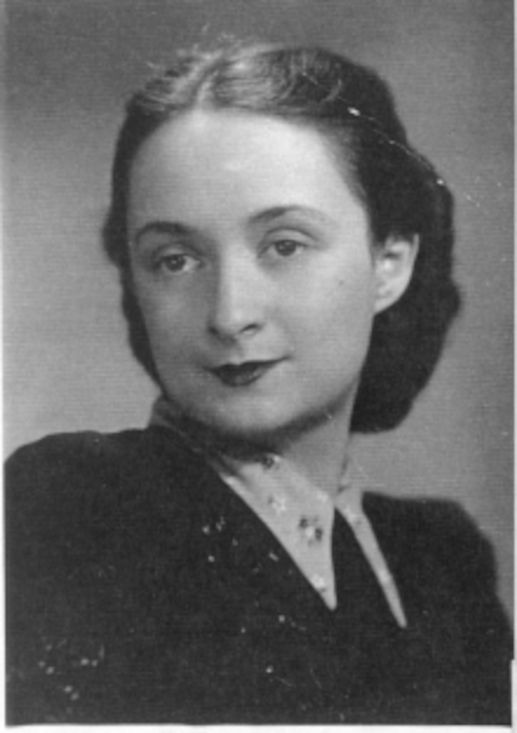 In February 1958, the singer took part in the third All-Union Competition of Estrada (pop stage) Artists in Moscow, where she received a first degree diploma for her performance of several musical pieces, including the Yiddish song “Der kranker shnayder” (“The Sick Tailor”) composed by Khonon Gleyzer to S. Ansky’s lyrics. Soon, in May 1958, her first solo concerts took place in Moscow.
In February 1958, the singer took part in the third All-Union Competition of Estrada (pop stage) Artists in Moscow, where she received a first degree diploma for her performance of several musical pieces, including the Yiddish song “Der kranker shnayder” (“The Sick Tailor”) composed by Khonon Gleyzer to S. Ansky’s lyrics. Soon, in May 1958, her first solo concerts took place in Moscow.
As Nechama Lifšicaitė later recalled: I was surrounded by a tight circle of the widows and children of executed writers and actors. Alla Zuskina, Tala Mikhoels, the late Feiga Hofsteyn morally supported me, and I must admit that I was not ready for such a dizzying success. They would ask me at the end of the perfomances: “Nechama, keep singing in the name of our fallen fathers and husbands.”
The celebrations dedicated to Sholem Aleichem’s 100th birthday anniversary that were held in March 1959 in France, under the auspices of the World Peace Council, included Nechama Lifšicaitė as a representative of the Soviet delegation. At the Parisian Olympia she performed Rivka Boyarskaya’s “Lullaby to Babi Yar” with the lyrics of the Yiddish poet Shike Driz. During the same year, by decision of the USSR Ministry of Culture, she toured across the entire country, performing in every Soviet republic at events dedicated to the widely celebrated Sholem Aleichem’s anniversary.
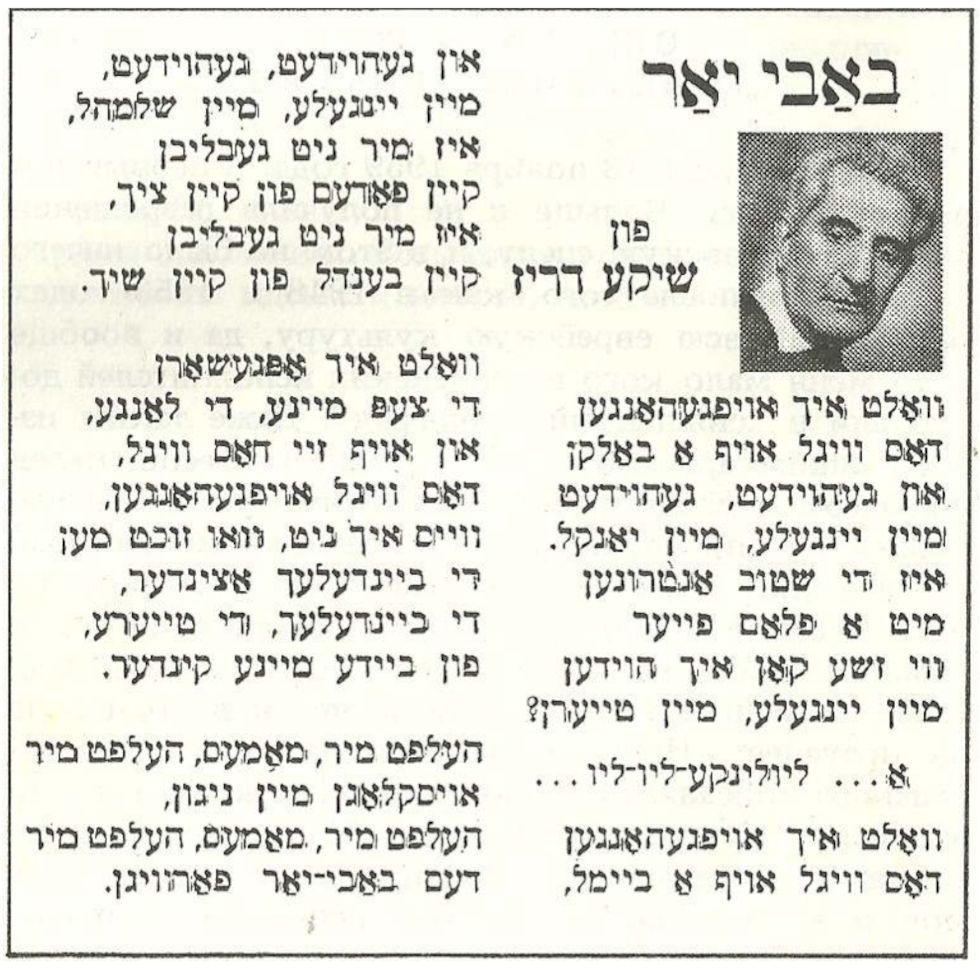
“Lullaby to Babi Yar” by Shike Driz
The tours abroad continued in February 1960. Nechama Lifšicaitė, together with Mikhail Alexandrovich, another renowned Soviet Yiddish singer, performed again in Paris, where a number of her songs were recorded, as well as in Strasbourg and Brussels.
Since 1966, viewing Lifšicaitė’s performances as nationalistic, the Soviet authorities began to ban her concert activities. Her last concert took place in Moscow in April 1967. At this event, Lifšicaitė performed songs based on poems written by Yiddish poets who were murdered by Stalin’s regime.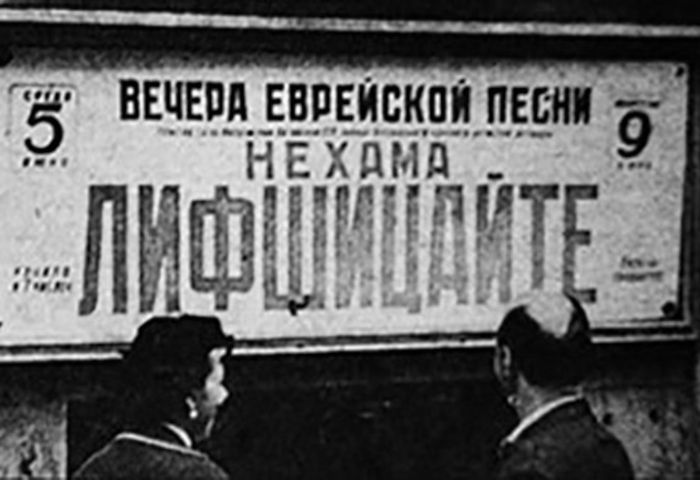
In 1969, the singer obtained a permission to leave the USSR and emigrated to Israel. There, she changed her surname from the Lithuanian version to the traditional Jewish one: Lifshitz. While living in Israel, she continued her concert activities, toured the USA, Canada, Mexico, UK, Australia, Brazil, Venezuela, Belgium and France. She often accompanied Israeli politicians on their trips abroad. Every year on August 12, the day when 13 members of the Jewish Anti-Fascist Committee were shot in 1952, she would hold annual concerts in Jerusalem.
In 1970–1976 Nechama Lifshitz studied at Bar Ilan University in the department of library science. After finishing her studies and until 1993 she was in charge of the music library’s historical archive at the Tel Aviv Municipality. Later on, she became the director of the Felicja Blumental Music Library in Tel Aviv.
She died on April 20, 2017, at the age of 89. Nechama Lifshitz, who was nicknamed “The Jewish Nightingale” during her lifetime, used to say: “I have nothing to regret, I had a very interesting life”. Her priceless personal archive was donated to the National Library of Israel.
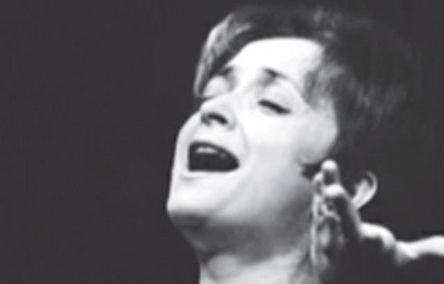
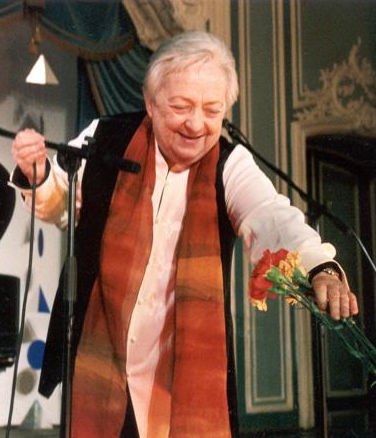 The third International Nechama Lifshitz vocal competition took place in Vilnius on September 17-18, 2023, Nechama Lifshitz was a famous performer of Yiddish songs who was called the “Jewish Nightingale” during her lifetime. 35 singers from Lithuania, Latvia, Estonia, Israel, Poland, Germany and Bulgaria took part in the competition.
The third International Nechama Lifshitz vocal competition took place in Vilnius on September 17-18, 2023, Nechama Lifshitz was a famous performer of Yiddish songs who was called the “Jewish Nightingale” during her lifetime. 35 singers from Lithuania, Latvia, Estonia, Israel, Poland, Germany and Bulgaria took part in the competition.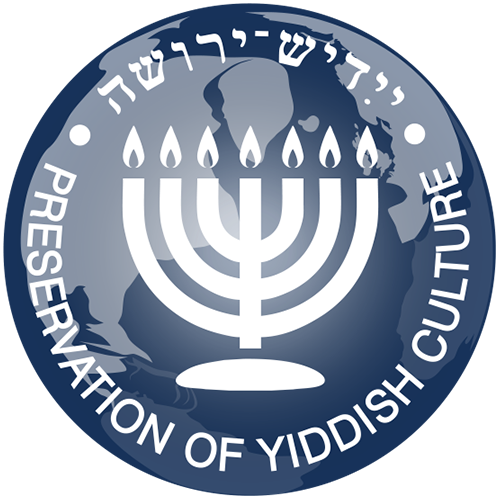
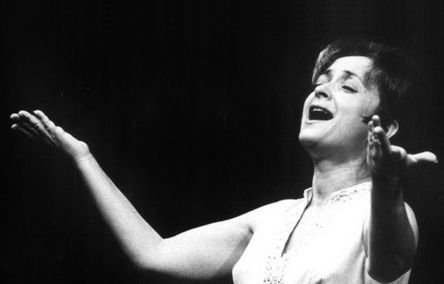

 Nechama Lifshitz (whose surname before emigrating from the USSR was Lifšicaitė in Lithuanian), born on October 7, 1927 in Kaunas, Lithuania, was a Soviet and Israeli concert singer and performer of Yiddish songs. She is considered one of the most outstanding Jewish singers of the 20th century. She also performed in Hebrew.
Nechama Lifshitz (whose surname before emigrating from the USSR was Lifšicaitė in Lithuanian), born on October 7, 1927 in Kaunas, Lithuania, was a Soviet and Israeli concert singer and performer of Yiddish songs. She is considered one of the most outstanding Jewish singers of the 20th century. She also performed in Hebrew. In February 1958, the singer took part in the third All-Union Competition of Estrada (pop stage) Artists in Moscow, where she received a first degree diploma for her performance of several musical pieces, including the Yiddish song “Der kranker shnayder” (“The Sick Tailor”) composed by Khonon Gleyzer to S. Ansky’s lyrics. Soon, in May 1958, her first solo concerts took place in Moscow.
In February 1958, the singer took part in the third All-Union Competition of Estrada (pop stage) Artists in Moscow, where she received a first degree diploma for her performance of several musical pieces, including the Yiddish song “Der kranker shnayder” (“The Sick Tailor”) composed by Khonon Gleyzer to S. Ansky’s lyrics. Soon, in May 1958, her first solo concerts took place in Moscow.


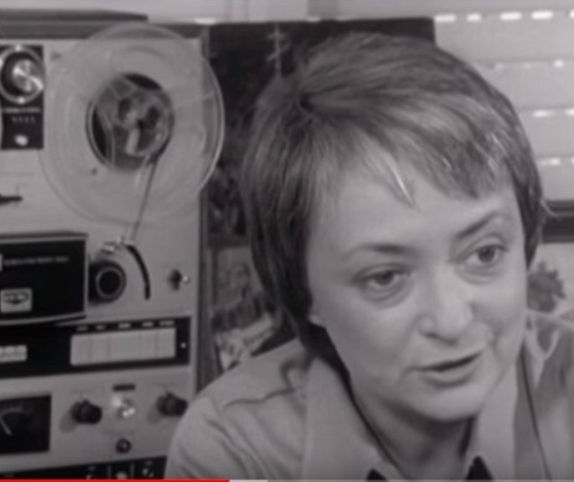
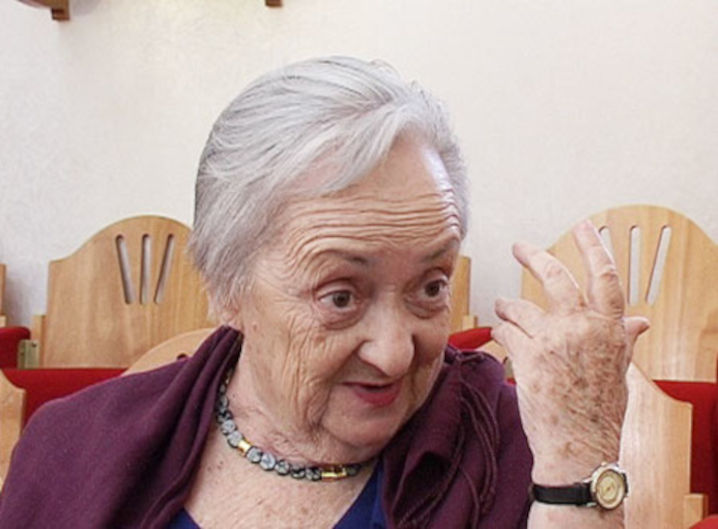




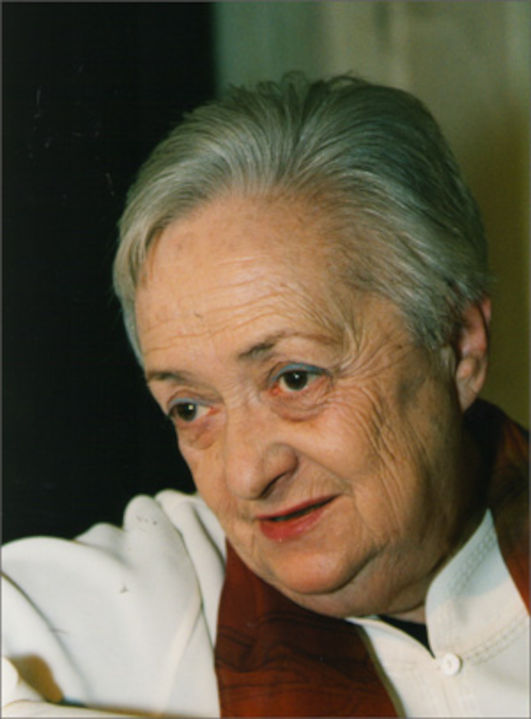

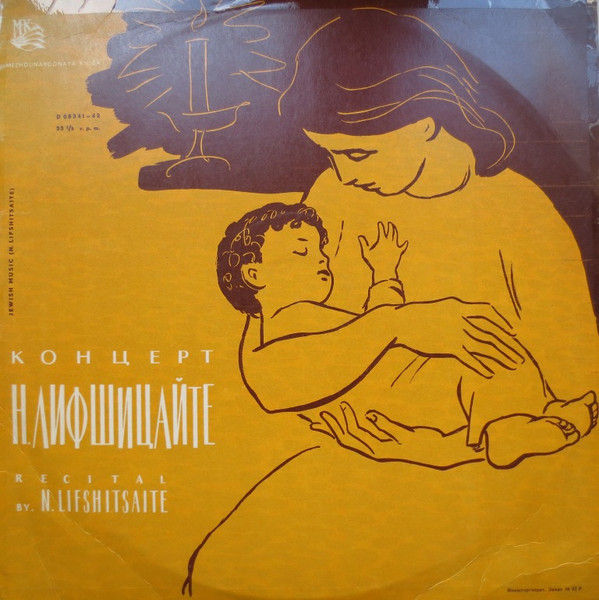
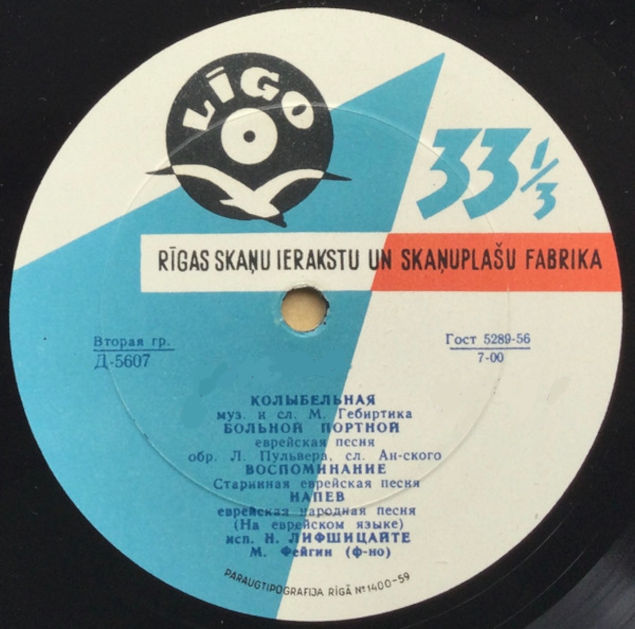
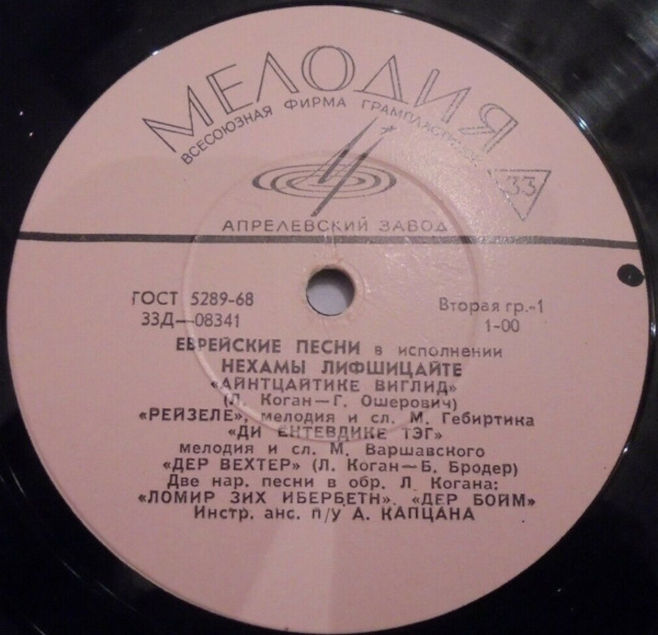
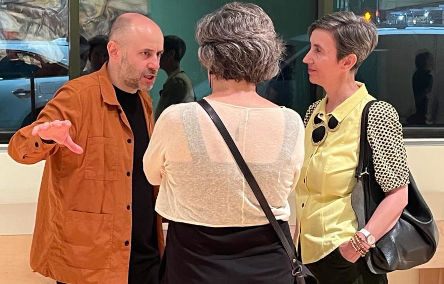
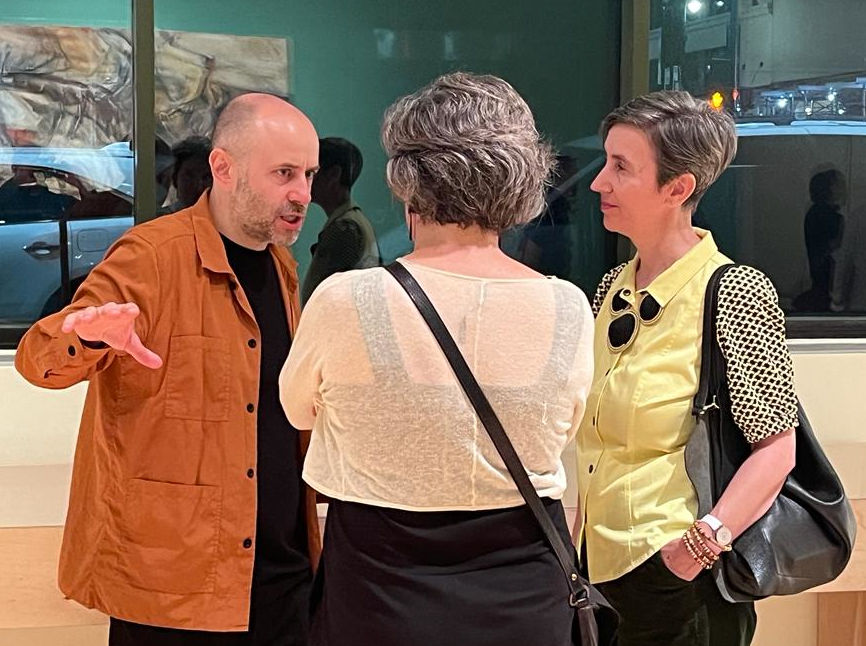
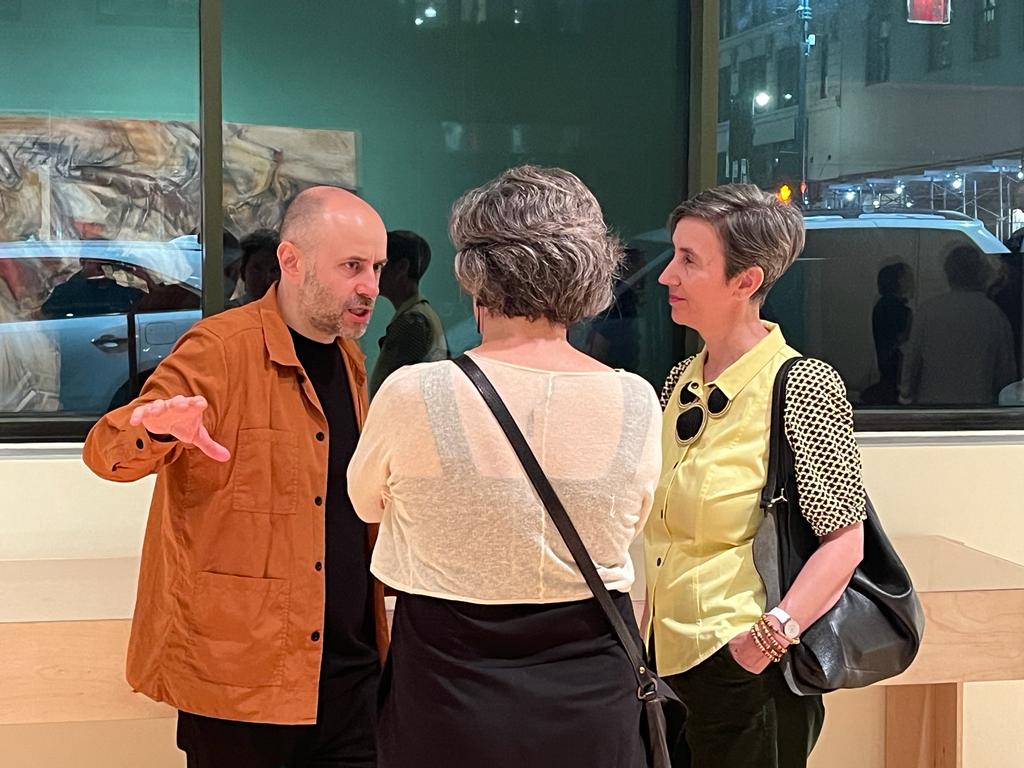
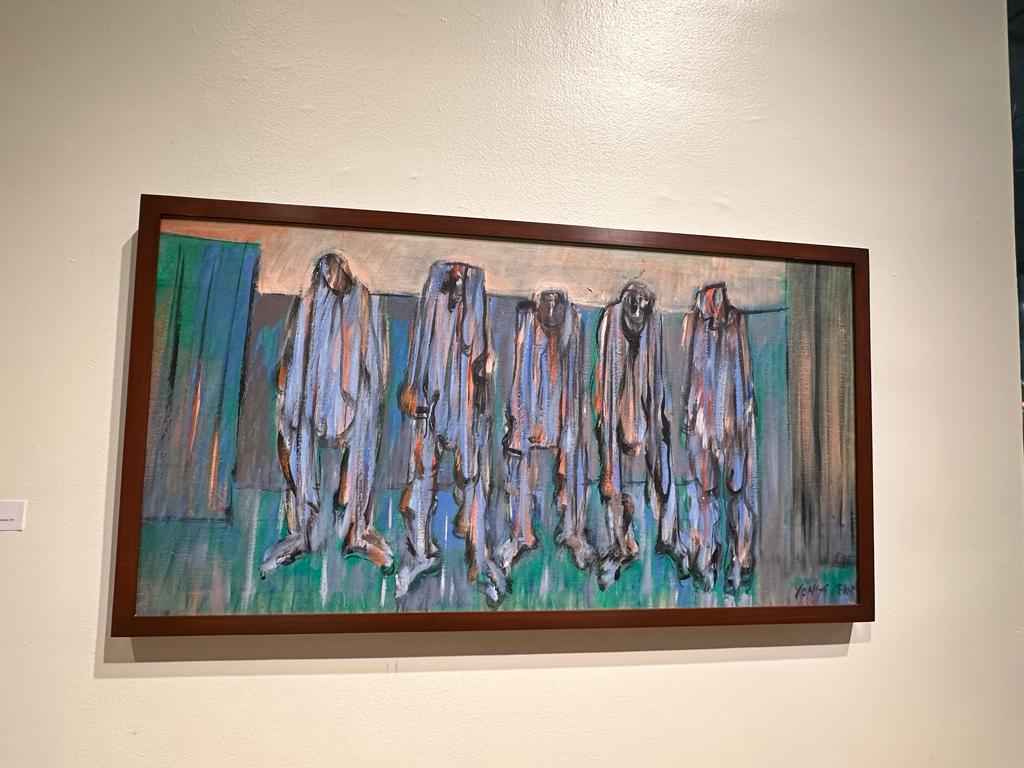
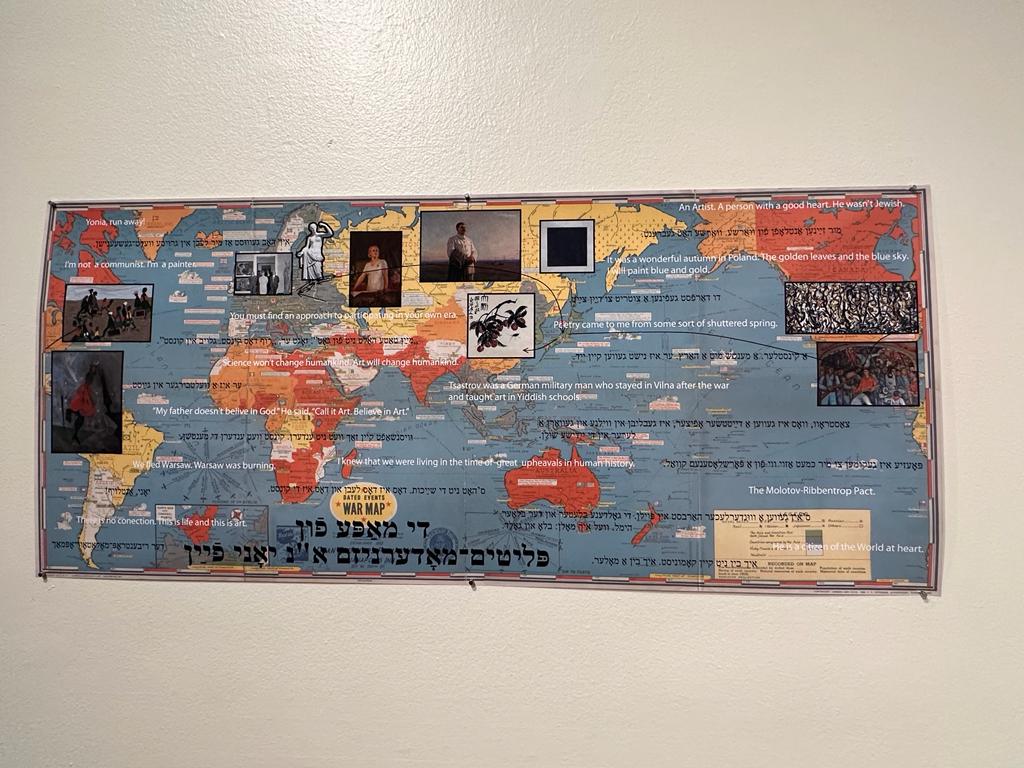
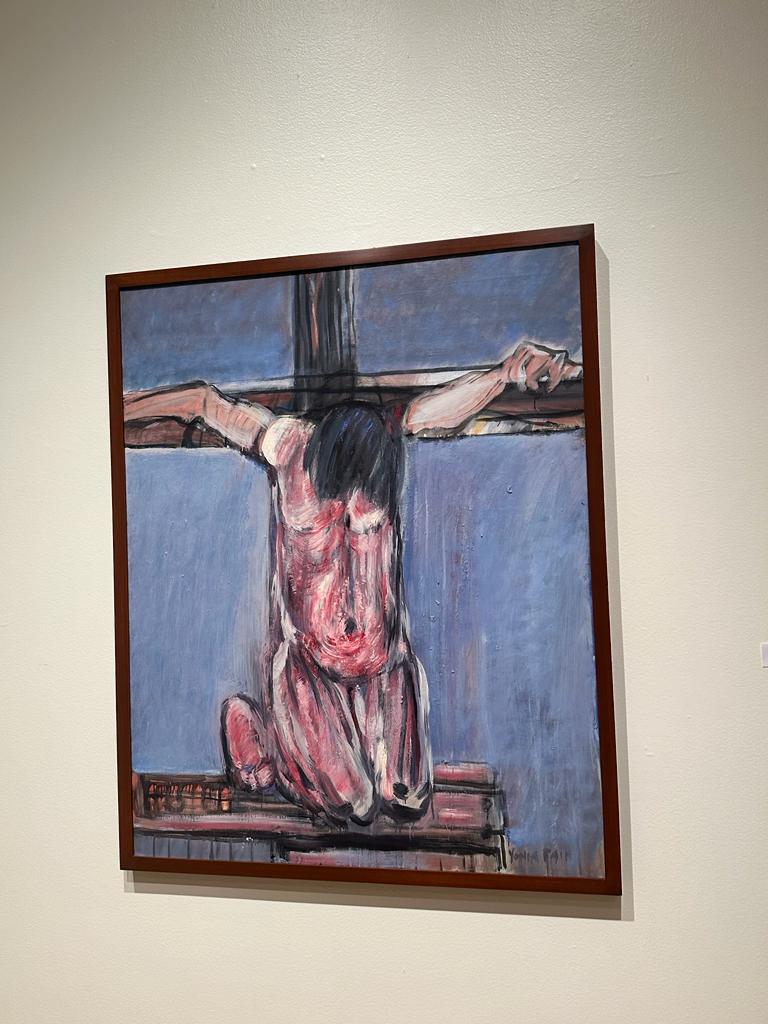
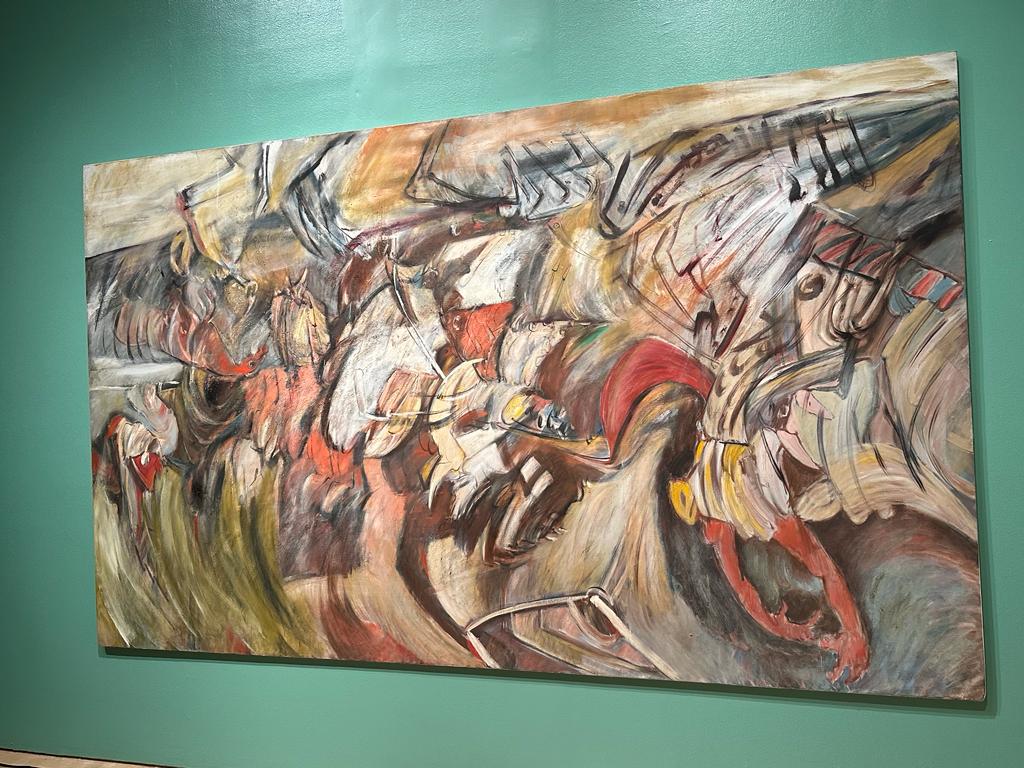
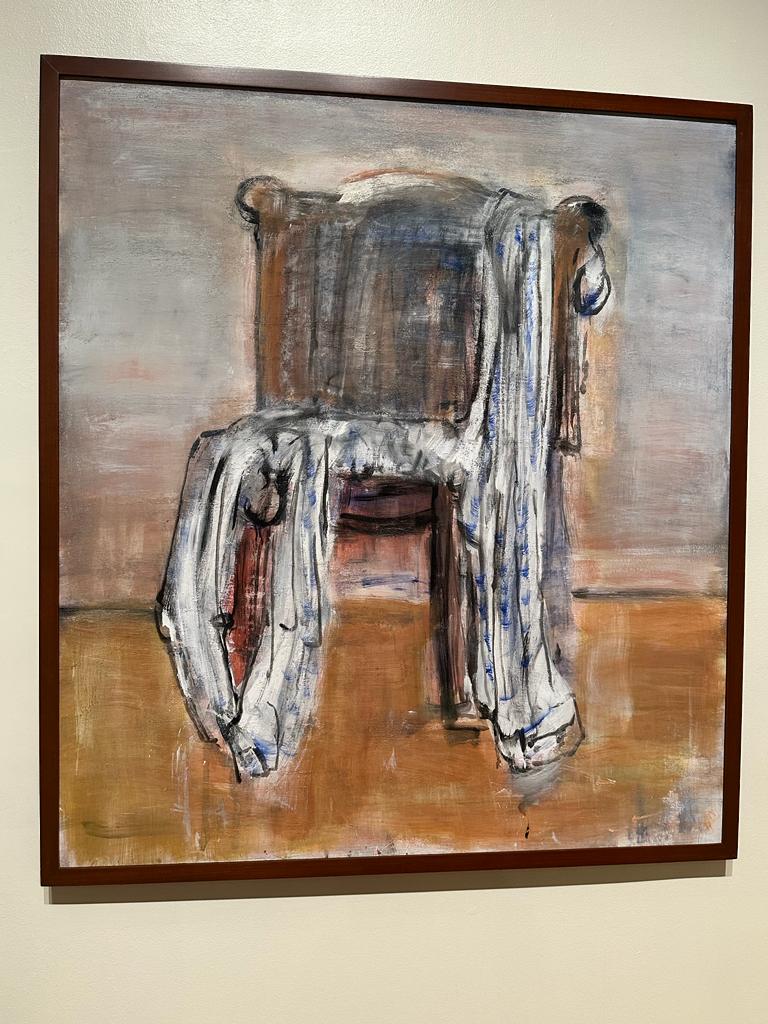
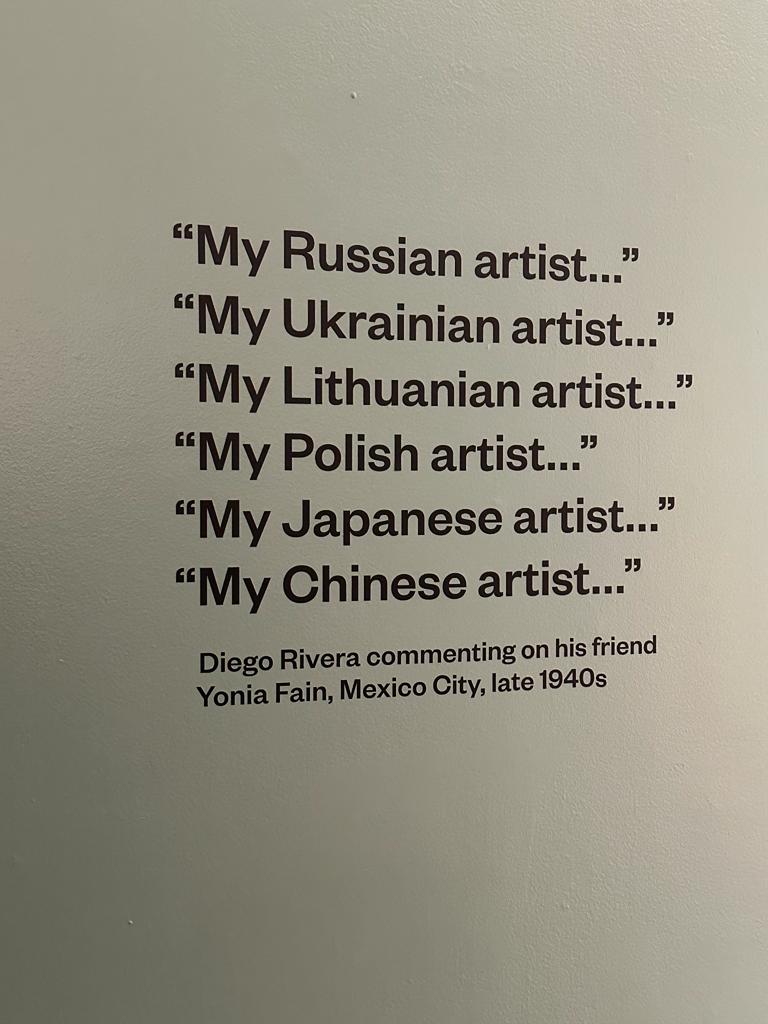
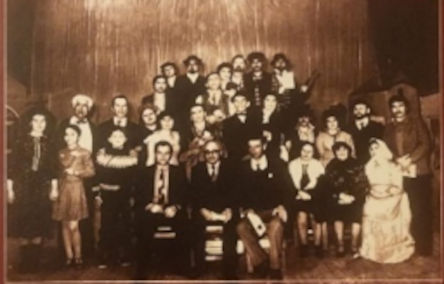
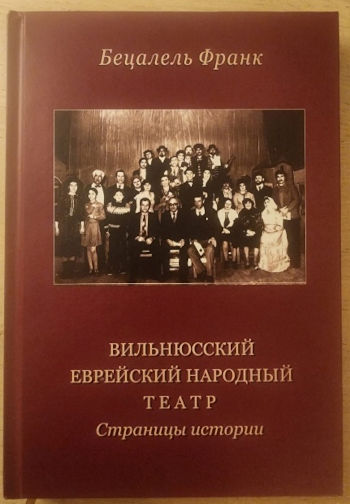 On September 8, 2023, a presentation of Betzalel Frank’s newly published Russian language book “Vilnius Jewish Folk Theater. Pages of History” took place at the building of the Lithuanian Jewish Community in Vilnius.
On September 8, 2023, a presentation of Betzalel Frank’s newly published Russian language book “Vilnius Jewish Folk Theater. Pages of History” took place at the building of the Lithuanian Jewish Community in Vilnius.

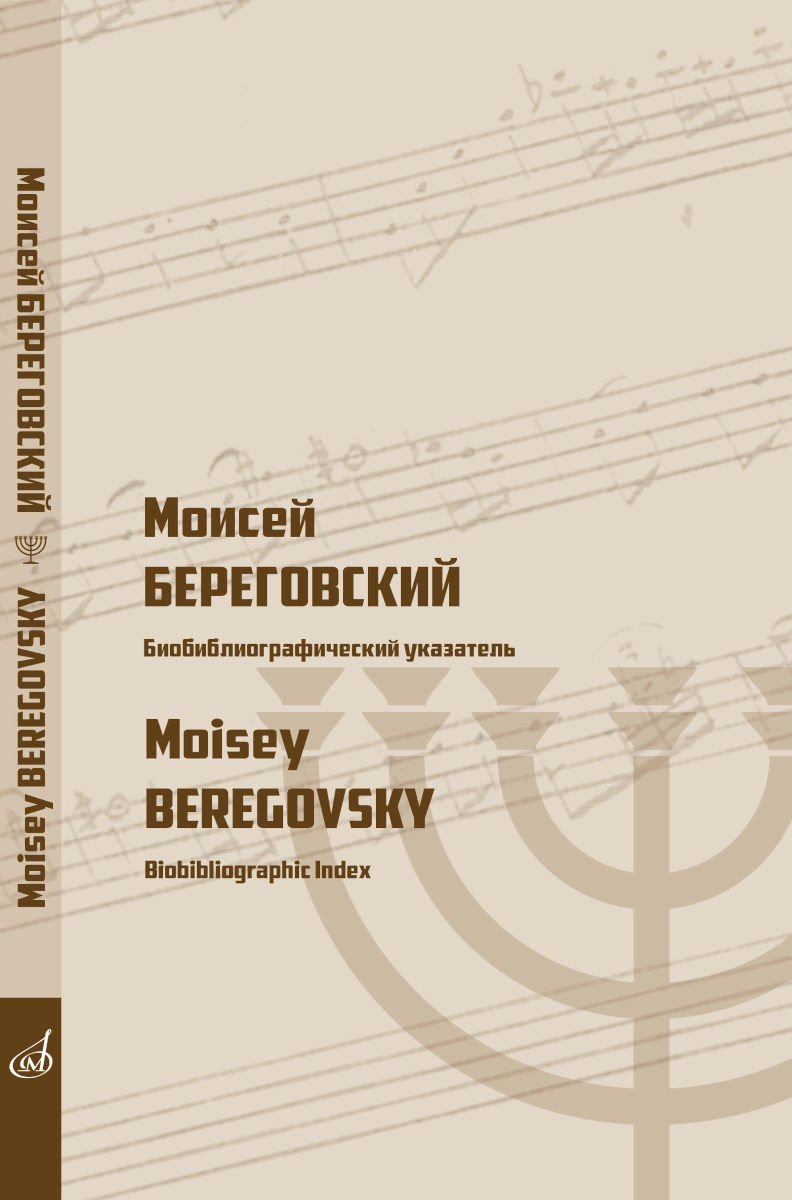 The Moscow publishing house Muzyka has published Evgeniya Khazdan’s book Moisey Beregovsky: Biobibliographic Index. The author and compiler, who lives in Saint Petersburg, is a musicologist, music critic and a Candidate of Sciences specializing in art criticism. The publishing house would like to thank Academic Grigory Roytberg for his help in publishing this book.
The Moscow publishing house Muzyka has published Evgeniya Khazdan’s book Moisey Beregovsky: Biobibliographic Index. The author and compiler, who lives in Saint Petersburg, is a musicologist, music critic and a Candidate of Sciences specializing in art criticism. The publishing house would like to thank Academic Grigory Roytberg for his help in publishing this book.